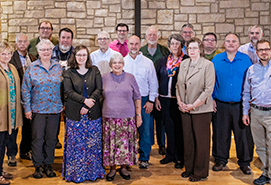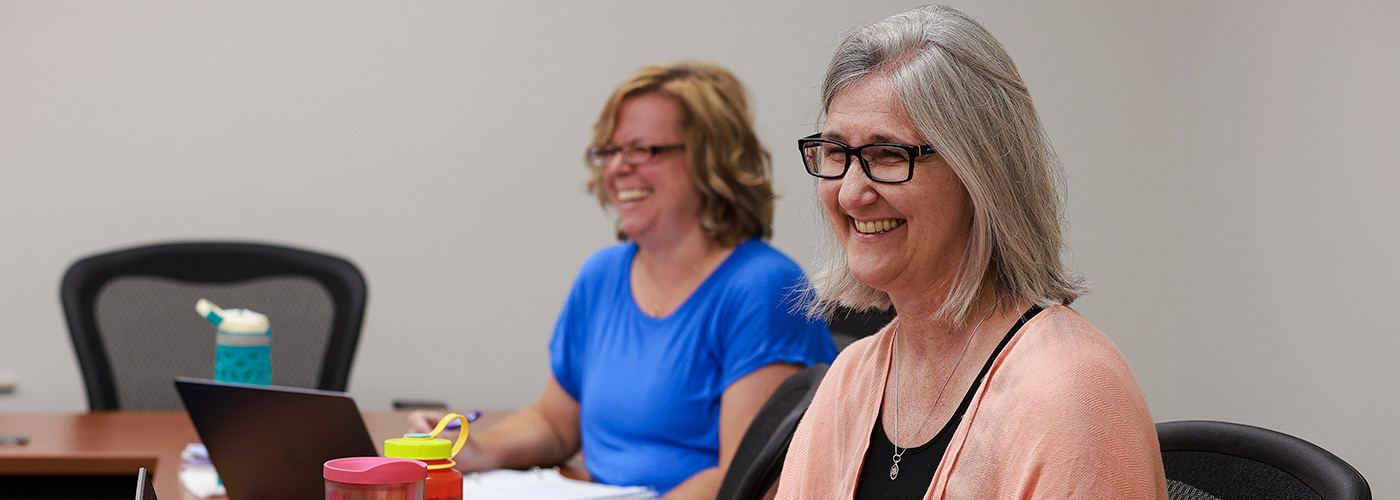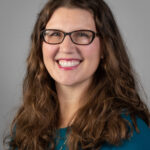Certificate in Theopoetics and Theological Imagination
Bethany’s Certificate in Theopoetics and Theological Imagination (CTTI) enables students to write and think at the intersection of creativity, faith, and meaning-making.
Theopoetics suggests that religion’s nearest analogue is art and therefore practices theology as a poiesis: an inspired, inventive, imaginative, and improvisational act of composition. The CTTI joins theology, poetry, narrative, and the visual arts together in the pursuit of inquiry and understanding that result in creative production across multiple genres, opening the theological imagination up to the whole of life.
Drawing on the strengths of Bethany’s curricular offerings in theopoetics and the arts, and the Earlham School of Religion‘s Ministry of Writing program, the CTTI requires 15 credits (five 3-credit-hour courses). This certificate may be done as a residential student or through our distance education program, Connections, and there is no residency requirement.
After completing the Certificate in Theopoetics and Theological Imagination, many students continue into the Masters of Arts: Theopoetics and Writing (MATW). Credits from the CTTI degree fully transfer over, counting for five of the twelve courses required for the MATW. There is no penalty for starting in the CTTI and a student can apply to transfer degrees before or after graduating with the CTTI. Please see the MATW degree page for more information.









 Green Circle: Bethany invests in 100% renewable energy.
Green Circle: Bethany invests in 100% renewable energy.